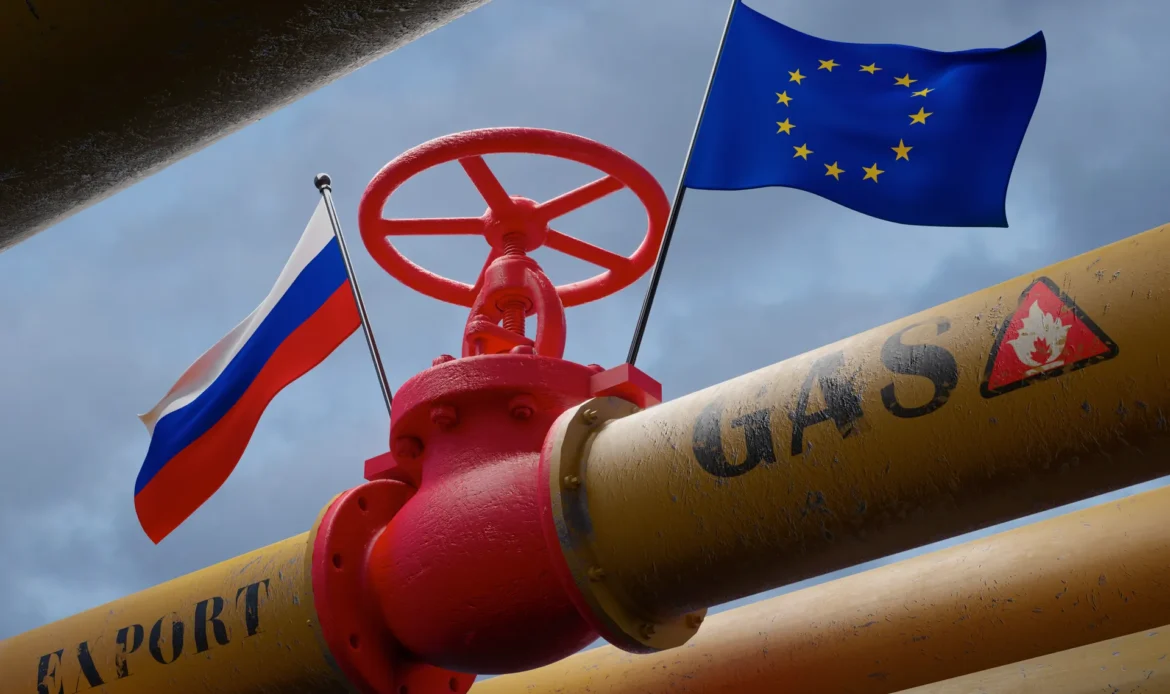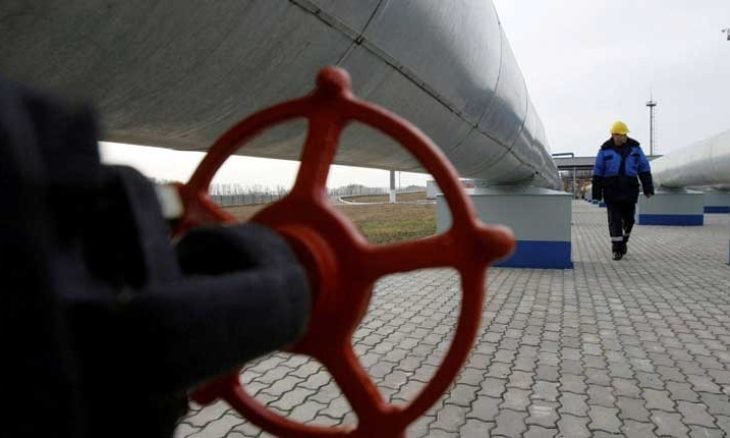Impacts of Stopping Russian Gas Transit Through Ukraine on Europe
Slovak Prime Minister Robert Fico stated on Wednesday that halting gas transit through Ukraine would have a “severe” impact on European Union countries rather than Russia. Fico, known for his pro-Russian stance, has repeatedly warned that stopping the gas flow would cost Slovakia hundreds of millions of euros due to lost transit fees and increased gas import costs from alternative sources. This cessation is also expected to lead to higher gas and electricity prices across Europe.
Contrastingly, the European Commission downplayed the impact of stopping Russian gas exports to Europe via Ukraine, stating on Wednesday that the halt, effective from January 1st, was anticipated and that the EU is prepared. A spokesperson for the Commission noted, “Europe’s gas infrastructure is flexible enough to supply non-Russian gas to Central and Eastern Europe via alternative routes.” They further added that since 2022, the EU has significantly enhanced its capabilities to import liquefied natural gas.
The transit of Russian natural gas through Ukrainian pipelines to Europe has indeed ceased in the early hours of the New Year following the expiration of the transit agreement and Moscow and Kyiv’s failure to reach a new deal. This closure marks the end of the oldest and most contentious gas transit route to Europe, a route dating back to the Soviet era, which has been a point of tension, particularly after Russia’s annexation of Crimea in 2014.
Ukraine’s Energy Minister, German Galushchenko, emphasized in a statement, “We have stopped the transit of Russian gas. This is a historic event. Russia is losing its markets and will incur financial losses. Europe has already decided to move away from Russian gas.” This decision comes amidst an ongoing military conflict that started in February 2022, with Ukraine insisting on not extending the transit agreement.
Russia continues to export gas through the “TurkStream” pipeline in the Black Sea, which has two
branches: one for the Turkish domestic market and another for customers in Central Europe like
Hungary and Serbia.
The European Union has intensified its efforts to reduce dependency on Russian energy since the
conflict in Ukraine escalated in 2022, seeking alternative sources. Countries still buying Russian
gas, including Slovakia and Austria, have prepared alternative supplies. Moldova, once part of the
Soviet Union, highlighted as one of the most affected, said it would need to implement measures
to reduce its gas consumption by a third.
In conclusion, while the EU has taken steps to mitigate the impact, the cessation of Russian gas
transit through Ukraine poses significant challenges, potentially affecting energy prices, security,
and geopolitical relations within Europe.





